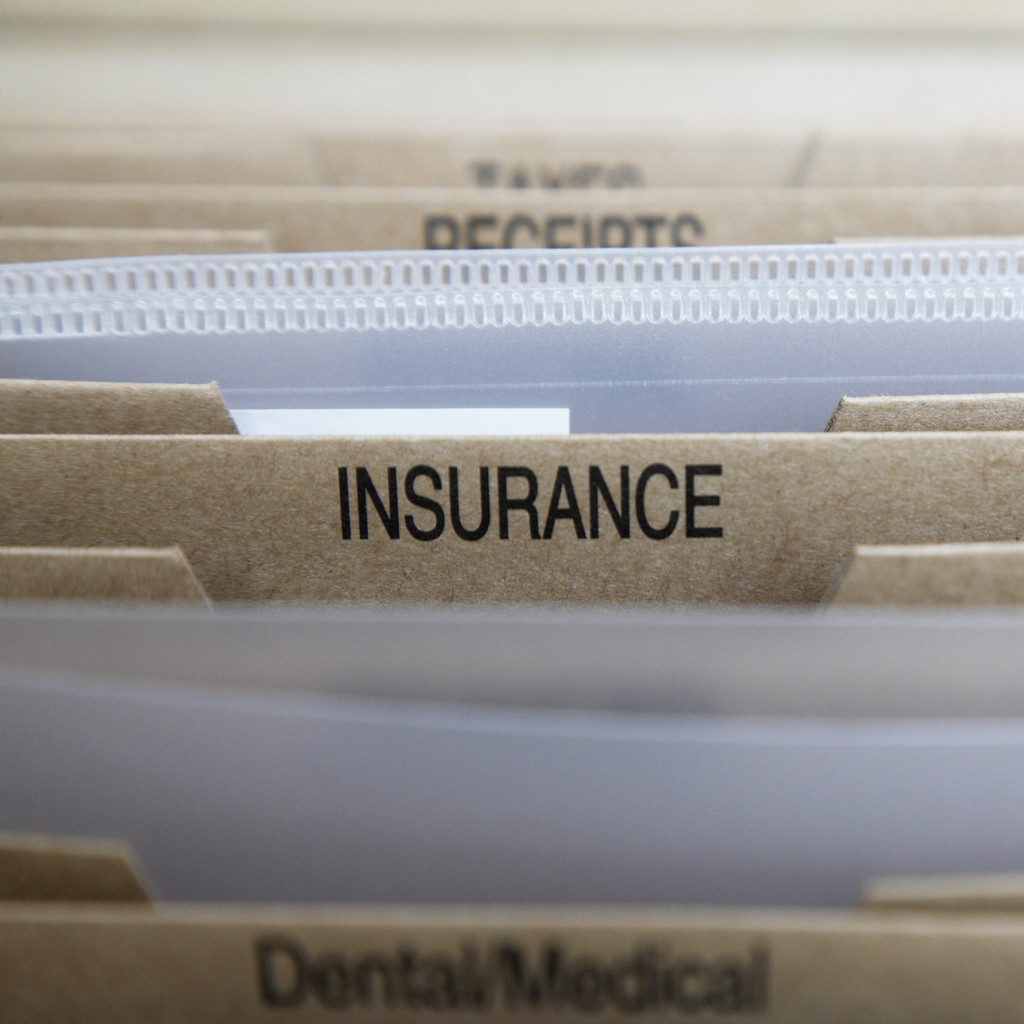By: Eveline Brownstein (c)
Tenants should know what a landlord is not responsible for, and should act accordingly.
 Local regulations differ widely nationwide, but there are some basic requirements of a landlord and there are some areas that leave a tenant vulnerable. Tenants should plan for, and cover themselves, for those things a landlord will not be responsible for, or they risk having losses that they will have to pay for out of their own funds.
Local regulations differ widely nationwide, but there are some basic requirements of a landlord and there are some areas that leave a tenant vulnerable. Tenants should plan for, and cover themselves, for those things a landlord will not be responsible for, or they risk having losses that they will have to pay for out of their own funds.
1. Theft of a vehicle. A recent article on Heraldnet.com covers one such instance. A landlord is not responsible for a car stolen from the property. As a driver, you are required to carry insurance to cover accidents. In most states it is not necessary to carry vehicle loss insurance. However, if you do not cover your vehicle for theft and it is stolen from the property, you are personally responsible for that loss. Such a theft loss is not the responsibility of the landlord.
2. Theft of personal property inside the home. A landlord is not responsible for a tenant’s personal property, stolen from the home. Renters are wisely advised to purchase a renter’s policy to cover a theft of personal property. These policies are, generally speaking, affordable and they will give a tenant peace of mind. One of my properties has an alarm system that I installed when I was living there. I have had a number of subsequent tenants in that property, all of whom have elected not to activate the alarm system. While this is clearly a choice my tenants make voluntarily, since I have provided access to an alarm and it has not been activated by a tenant, my responsibility for any thefts at the home is greatly diminished. Tenants should especially consider purchasing renter’s insurance that includes valuables, if the renter intends to keep jewelry or collectibles on the premises. A landlord will only be responsible for a theft loss if the landlord is directly responsible for the theft, for example: When giving workers access to the property for repairs and failure to lock the door when leaving the property.
3. Flood damage of personal contents. A landlord is not responsible for damage caused by a flood to the personal contents of a tenant. This means that even if the landlord carries content coverage on a flood policy, that coverage will not cover a tenant’s possessions, should those be lost in a flood. Renters who purchase renter’s insurance will also be able to purchase flood damage coverage to cover their personal belongings, should there be a flood in the home.
4. A guest who experiences a personal injury. While most landlords carry personal liability coverage that covers losses in the case of the personal injury of a tenant or a guest at the property, this does not eliminate the liability of a tenant from being also named in a lawsuit or a claim for personal injury, especially if it can be shown that the tenant negligently contributed to the injury. For example, if the tenant personally places a large rock in a pathway where it can be tripped over. Renters should exercise caution when inviting guests to the home, but should also cover themselves in the event that a guest is injured on the property as a result of an act of theirs and not the landlord’s. Sadly, we currently live in a litigious society and forethought and protection from money judgments and lawsuits must be a part of what we consider when we make decisions about what we need.
These are just four reasons why a renter should consider purchasing renter’s insurance when renting a property. A landlord’s policy will simply not cover areas that a landlord is not responsible for and a renter must decide what losses he or she can comfortably afford and what losses to protect against.
